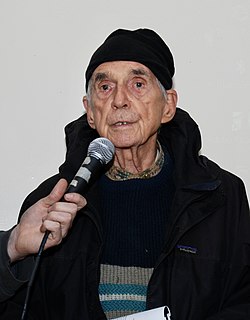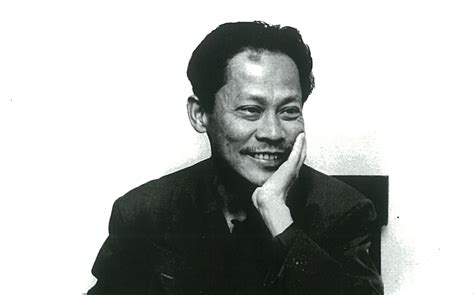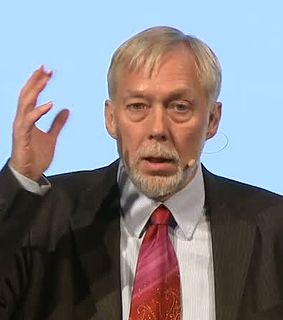A Quote by Napoleon Bonaparte
Related Quotes
Once I got interested in organized crime, and, specifically, Jewish organized crime, I got very interested in it. I have learned that, like my narrator Hannah, I'm a crime writer in my own peculiar way. Crime with a capital "C" is the subject that I'm stuck with - even Sway is about "crime" in a certain way. The nice thing about crime is that it enables you to deal with some big questioO
The best crime stories are always about the crime and its consequences - you know, 'Crime And Punishment' is the classic. Where you have the crime, and its consequences are the story, but considering the crime and the consequences makes you think about the society in which the crime takes place, if you see what I mean.
I make a wonderful cure-all called Four Thieves, just like my mum did. It's cider vinegar, 36 cloves of garlic and four herbs, representing four looters of plague victims' homes in 1665 who had their sentences reduced from burning at the stake to hanging for explaining the recipe that kept them from catching the plague.











































